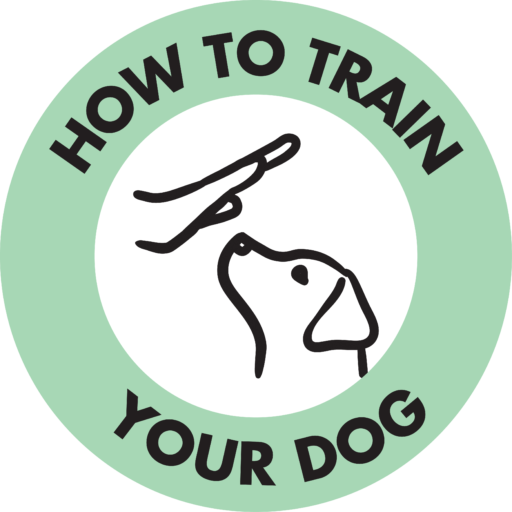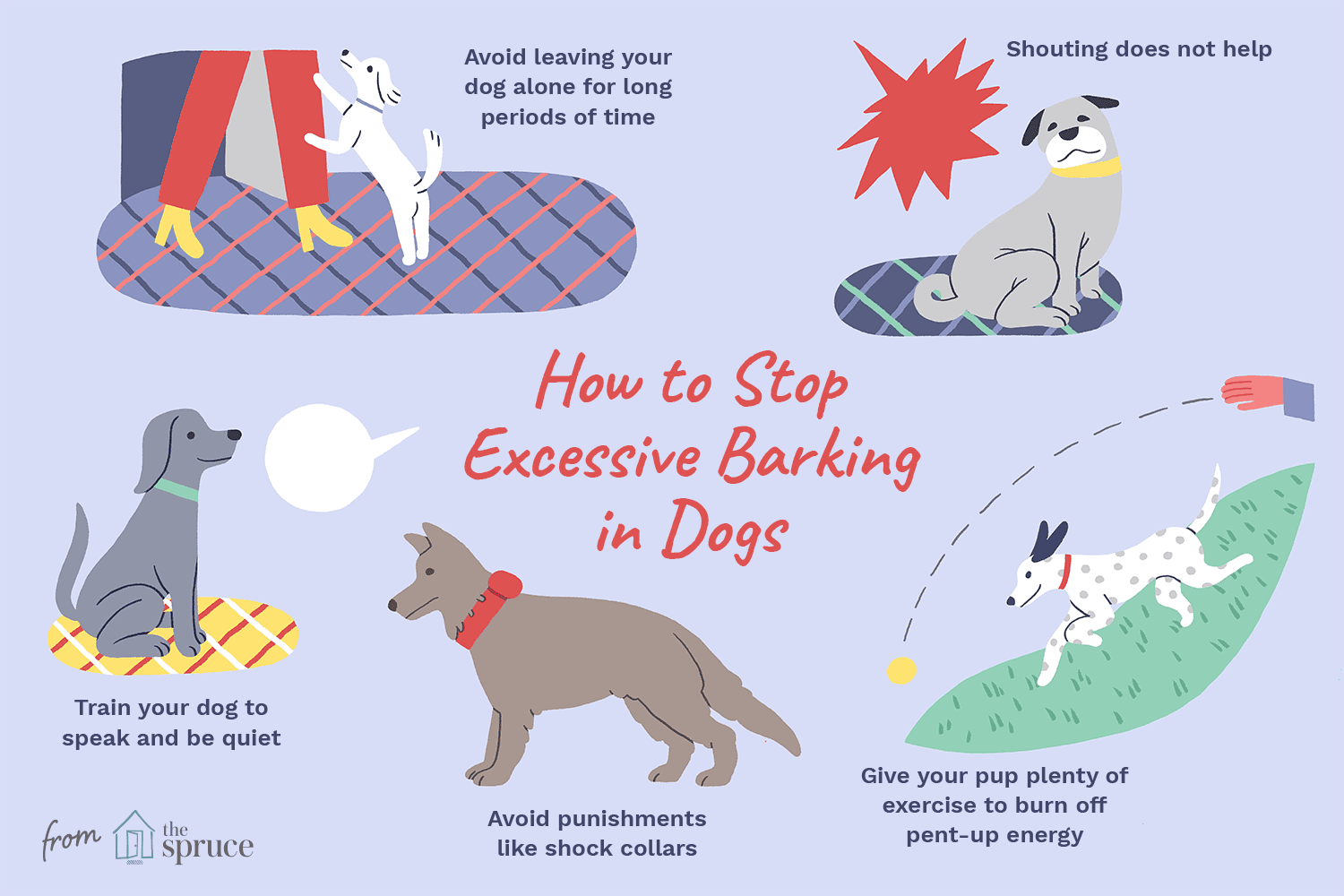If only dogs could talk!
We would know when something’s wrong, when they’re happy, and when they’re scared or bored. We’d become that much better of a pet owner because of it.
Yet, in a way, dogs do talk. Barking is one of the easiest ways for dogs to communicate with you and their surrounding world.
However, barking can quickly get out of hand. You might have neighbors who aren’t too pleased about the noise. And you might find your dog tends to bark at every little thing — whether a car is passing by the house or someone just knocked at the door. It’s safe to say that it’s enough to drive you and your family a little bonkers.
So, let’s get down to business. How can you get a handle on your dog’s barking? What are some dog barking control methods you can use so you and your dog can lead a happier and calmer life together?
5 Types of Barking
Let’s start with the basics. Why is your dog barking in the first place?
1. Warning/Alert Barking
If your dog is making loud, sharp, and authoritative sounds every time he or she sees someone new or feels threatened, it isn’t necessarily a cause for concern. This kind of behavior is perfectly normal. This is also referred to as territorial barking.
At the same time, dogs often tend to outgrow this as they move out of their puppy years and go through training. Generally, you’ll want to teach your dog that someone approaching or coming into your home isn’t a threat.
2. Anxiety Barking
This type of bark arises often simply because they miss their owner, expressing their loneliness and boredom through a high-pitched whining sound. This is a very popular problem because the majority of people can only spend a few hours each day with their pets. Fortunately, most dogs after training overcome this hurdle, knowing their owner will be back at the end of the day.
3. Attention Seeking Barking
Undeniably, if you give your canine too much attention in the early stages of his or her life, he will quickly get used to the fact that every time he makes a noise you come running. Then, when he or she reaches maturity, they will still assume that you’re there whenever they need you and may start to use whining in order to achieve his goals. Again, this is something that can easily be overcome with proper training.
4. Boredom Barking
If you leave your dog alone on a regular basis without making sure they have something to do or play with while you’re away, you are technically reinforcing his or her barking habits. Dogs hate to be bored and they perceive barking as one of the most effective ways to stay entertained. It’s either that or they may engage in other unwanted behavior, such as chewing items, licking, or pacing.
5. Excitement Barking
This one is common among puppies and young dogs, but it frequently disappears with age. When excited or in a playful mood, you might notice your puppy or dog lets out a quick bark (or a few quick barks!). This usually isn’t anything to worry about and isn’t often too problematic for most dog owners.
How to Train Your Dog Not to Bark
If your dog is barking at every car or person that walks by on the street, you and your family might feel the pressure from neighbors (and for your own sake) to find a solution.
Luckily, there are many ways to combat this. In fact, a combination of the below is often encouraged for the overall well-being and happiness of your furry friend.
Method 1: Train Your Dog to Stop Barking on Command
One of the simplest dog barking control methods is to train your dog to stop barking with a simple command. To do so, you will need plenty of tasty treats and consistency.
Every time he or she starts to bark, say firmly “quiet,” wait for a few seconds, and, if your pet remains calm, reward him or her with a treat. Remember to praise him or her cheerfully for being quiet. Repeat this exercise but each time make your dog wait in silence for a little bit longer (but never too long or else you may confuse your furry friend!).
Method 2: Ignore the Barking
Another way to train your dog to stop barking is by avoiding giving your dog attention when he or she barks. For example, if you put your dog in a gated area or their crate and they begin to bark, turn your back to them. Once they stop barking, turn back and give them praise and a treat. Most dogs will catch on quickly!
Method 3: Keep Them Occupied
Another excellent barking solution is to buy a Kong toy that can be stuffed with food when you leave your home. This can occupy your puppy or dog for minutes or even hours after you leave.
Alternatively, a toy or chewy of some sort can also provide some comfort for your dog, especially when you leave your home.
You can also leave the radio or TV on. Not only will these devices mask background sounds that may trigger barking but also provide your dog with some entertainment for at least a few hours.
It’s further important to remember to avoid leaving a puppy or dog alone for too long, especially breeds that are prone to separation anxiety.
Method 4: Make Sure Your Dog Gets Proper Exercise
An overly excited and energetic dog might be prone to barking more often than not. The best way to avoid this is to ensure your furry friend gets enough exercise. This means taking your dog for a walk each day. The length of the walk may vary depending on your dog’s age, type, and size.
Other Tips and Tricks to Stop Dog Barking
Lessening separation anxiety with your dog can further help reduce barking incidents. For example, instead of making it a big deal when you leave or when you arrive home, simply give your dog a pat, without doing anything out of the ordinary, so they don’t get stressed.
The Humane Society further adds to remain cautious of these factors when training, as well as offers additional tips on training your dog not to bark:
- Don’t yell at your dog.
- Maintain a positive attitude during training.
- Stay consistent with demands and rewards.
- Remove the motivation to bark (such as closing the curtains).
- Practice desensitizing your dog to the stimulus (such as meeting new dogs or people).
- Ask your dog to do something that is incompatible with barking (such as telling them to go lie down).
- Consider professional help with puppy training (such as attending doggy school for the most effective training methods).
It’s further important to note that some dog breeds often bark more than others. You may want to consider this when selecting the breed of dog for yourself or your family.
It’s also crucial to not punish your dog for their barking. If the barking is caused by anxiety or fear, this will only create more anxiety and stress, making things worse.



